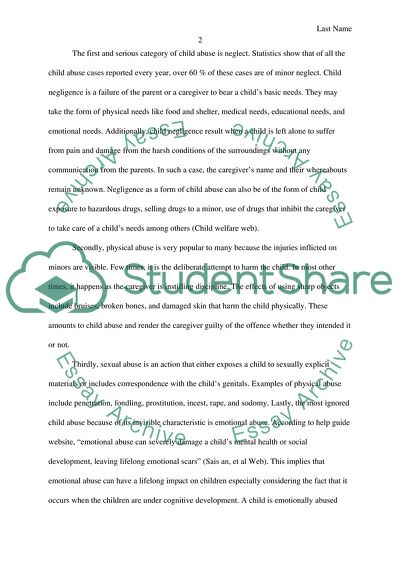Cite this document
(“Child neglect, abuse and its effect on juvenile delinquency Research Paper”, n.d.)
Retrieved from https://studentshare.org/miscellaneous/1597540-child-neglect-abuse-and-its-effect-on-juvenile-delinquency
Retrieved from https://studentshare.org/miscellaneous/1597540-child-neglect-abuse-and-its-effect-on-juvenile-delinquency
(Child Neglect, Abuse and Its Effect on Juvenile Delinquency Research Paper)
https://studentshare.org/miscellaneous/1597540-child-neglect-abuse-and-its-effect-on-juvenile-delinquency.
https://studentshare.org/miscellaneous/1597540-child-neglect-abuse-and-its-effect-on-juvenile-delinquency.
“Child Neglect, Abuse and Its Effect on Juvenile Delinquency Research Paper”, n.d. https://studentshare.org/miscellaneous/1597540-child-neglect-abuse-and-its-effect-on-juvenile-delinquency.


